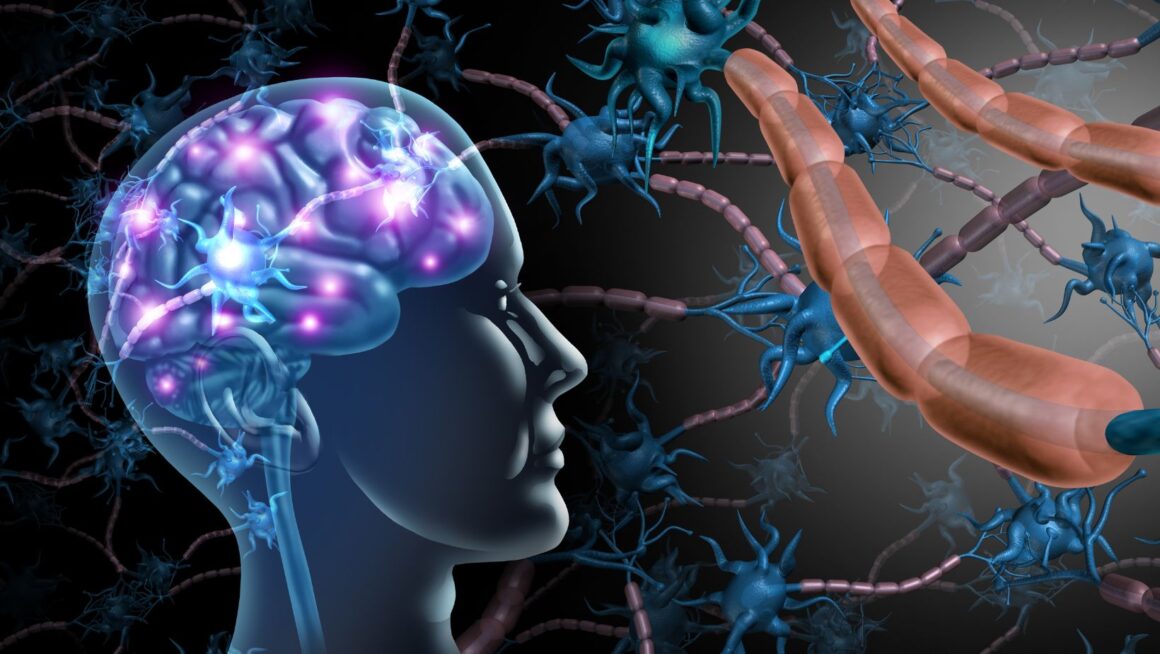
There’s a kind of tired that sits behind your eyes, deep in your bones, no matter how much coffee you drink. You rest, you eat right, you do what you’re supposed to, and still there’s that drag.
We talk about burnout like it’s a mental thing, but the truth is, it starts deeper. At the cellular level. The smallest pieces of you are running on fumes.
Day after day, modern life keeps taking small withdrawals from your energy bank. A bit of stress here, poor sleep there, maybe a few skipped meals, air that’s not quite clean, food that’s more label than nutrient. None of it feels catastrophic. But together, it’s like compound interest in reverse.
If you zoomed in close enough, you’d see it: cells working overtime just to keep up. Mitochondria flickering instead of burning bright. Repair systems struggling to catch up with the damage. It’s not just in your head, it’s in your chemistry.
Stress and the Constant “On” Switch
You know that restless feeling when you’re trying to relax, but your brain’s already on the next thing? That’s your nervous system stuck on go.
Every time stress hits—emails, traffic, the news, that low hum of pressure you can’t quite name—your body reacts like something’s chasing you. Hormones surge and blood sugar rises. Muscles tense. That’s what’s supposed to happen in short bursts. The problem is, modern life never calls “time out.”
Inside, your cells start paying the price. Energy production shifts from smooth and steady to frantic and messy. Waste builds up faster. Recovery gets delayed. You might look fine from the outside, but inside, everything’s burning hotter than it should.
The Toxin Load Nobody Signed Up For
You don’t see most of them, but they’re everywhere—plastic residue, exhaust, cleaning sprays, water additives, synthetic scents. Every bit adds to your body’s to-do list.
Your liver and cells work nonstop to neutralize these chemicals, and that process eats up resources: antioxidants, enzymes, NAD+. Over time, you start running a deficit. The body’s detox systems keep going, but less efficiently. That’s when fatigue sets in, or your skin acts up, or you feel foggy for no clear reason.
You can’t scrub the world clean, but you can lighten the load. The goal is to give your cells a little less garbage to handle so they can focus on repair.
Sleep: Where the Body Catches Up
You probably know the feeling, falling asleep while scrolling and waking up in pieces. Then you patch it with caffeine, ride the day out, repeat.
Sleep is where your cells do the heavy lifting. They fix DNA mistakes, recycle old parts, and restore balance. Miss enough sleep and that process stalls. ATP levels drop, the immune system dulls, and inflammation creeps in.
The fix is simple, but not easy. Set a bedtime that doesn’t shift by hours. Dim the lights earlier than feels convenient. Make your room cool, quiet, and dark. The body loves rhythm. Once you protect that, everything else, from mood to focus, starts to click again.
Nutrient Gaps: The Hidden Deficit
You can eat three meals a day and still come up short. The food system has changed. Fast-growing crops, nutrient-depleted soils, and processed everything. Even a “balanced diet” often misses the trace minerals and vitamins that cells rely on.
Magnesium, B vitamins, and omega-3 fats are the quiet workers that keep your metabolism running smoothly. When they’re missing, the machinery clanks. Energy drops and the system runs slower, a little duller, day by day.
Fixing it isn’t glamorous. It’s colorful produce, wild or pasture-raised protein, real fats, maybe a few smart supplements if you’ve actually tested your levels. The closer you get to real food, the easier your cells can do what they were built to do.
Replenish What’s Lost
All these drains, stress, toxins, sleepless nights, and poor nutrition have one shared consequence. They eat away at NAD+.
NAD+ is what keeps everything running. Your mitochondria use it to make energy. Your enzymes use it to repair DNA. It’s involved in nearly every process that keeps cells alive and efficient. When NAD+ dips, you start to feel it: slower recovery, lower energy, mental fog that doesn’t lift.
There’s growing interest in restoring NAD+ directly. Some people use precursors like NMN or NR, which the body converts into NAD+. Others look at different delivery methods. NAD+ nasal spray is a great option designed for fast uptake through the nasal passages to give your cells a quick boost. It’s not a fix-all, but for people under chronic stress, it may help top up what life keeps burning through.
But here’s the thing. No spray or supplement works in a vacuum. You still need sleep, nutrients, hydration, clean air, and manageable stress. Those are the bricks. NAD+ just helps the mortar set again.
The Real Repair Work
Once you start plugging the leaks, your body knows what to do next. It always has. The key is consistency.
Move every day, even gently. Stretch, walk, lift something. Movement tells your cells you plan to keep using them, and they adapt by getting stronger. Research backs that up. Adults who meet even 150 minutes of moderate activity per week have a 30% lower risk of all-cause mortality. The point isn’t perfection but motion.
Go to sleep at the same time every night. That single habit matters more than most people think. In one large multi-year study, people with irregular bedtimes and wake times had double the risk of cardiovascular disease compared to those who kept a consistent schedule.
Another review of more than 92,000 adults found that erratic sleep timing was linked to higher blood sugar, higher BMI, and overall worse metabolic health. Your circadian rhythm is like an orchestra; give it a steady beat, and everything else plays in tune.

Eat food that doesn’t need a label to tell you what it is. Studies show that diets rich in whole foods can cut the risk of chronic disease by 20 to 30% compared with heavily processed diets.
Take breaks from screens before your brain insists on one. Blue light at night suppresses melatonin by up to 80%, throwing off sleep and recovery cycles. Breathe deeper than the top of your chest. Slow breathing, even for just five minutes, can lower stress hormones and stabilize heart rate variability—one of the best predictors of resilience and recovery.
None of that’s flashy. But it’s exactly what restores cellular balance, the quiet kind that shows up as calm energy, sharper focus, better mood, and slower aging.
The Bottom Line
Modern life won’t suddenly go easy on you. The notifications will keep coming. The air won’t purify itself. Stress won’t politely wait for you to meditate. But you still get a choice in how much of yourself you give away.
When you start restoring what’s been lost, something subtle happens. Your cells catch up. They start working efficiently again. The fog clears and the heaviness lifts. The machine hums quietly instead of grinding.
You don’t need to overhaul your life overnight. Just pick one thing your body’s been asking for and start there.










